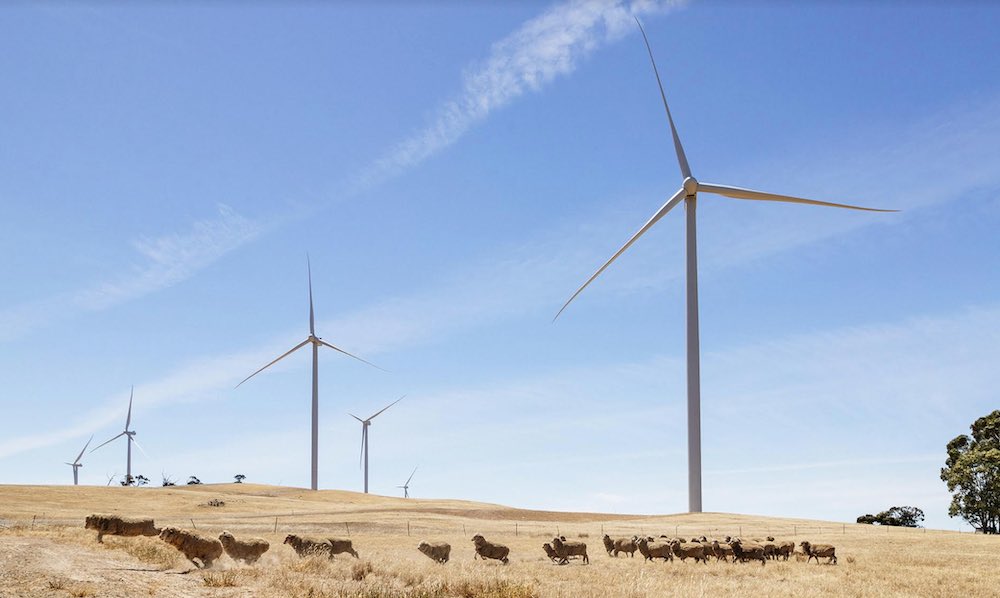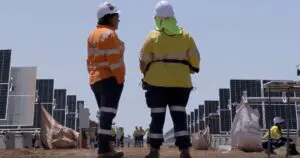The State Electricity Commission has signed up to supply all Victorian government operations with 100 per cent renewable energy, in a deal that will reboot the government-owned utility as the fifth-largest commercial and industrial electricity retailer in the state.
Victoria’s Labor government announced on Tuesday that it has signed retail contracts with the SEC to power schools, hospitals, museums, trains, trams, traffic lights and all other state-owned operations with “clean, reliable, publicly owned renewable energy,” starting in July.
“The SEC is back – and it’s powering Victoria with cheap, reliable, publicly-owned renewable energy,” Victorian premier Jacinta Allan said on Tuesday.
“Families want help with the cost of living, and I’m on their side. So is the SEC.”
The “100 per cent renewable” electricity will be guaranteed by matching the electricity consumption of customers with equivalent Large-scale Generation Certificates (LGCs) generated by wind, solar and storage projects owned by the SEC and developed through the Victorian Renewable Energy Target scheme.
The SEC’s own projects include the 600 MW/1.6 MWh Melbourne Renewable Energy Hub and the Renewable Energy Park, Horsham with 119MW of generation capacity and 100 MW of storage, both under development.
VRET projects that will help make up the mix include the Berrybank and Dundonnell wind farms, the Cohuna and Winton solar farms, and the Bulgana Green Power Hub. The SEC says it will also buy LGCs from the privately owned renewables projects, if needed.
The government contracts will see the new-look, green gentailer selling electricity again for the first time in nearly 30 years.
SEC CEO Chris Miller says when it enters the market on July 1, the SEC will be servicing approximately 5 per cent of the Victorian electricity market. But the plan is to expand the offering to commercial and industrial businesses later in the year.
“Our capacity to source renewable energy … and offer renewable energy to retail and wholesale markets means we can match supply with demand, thereby reducing the Victorian government’s exposure to price volatility,” Miller says.
“[This establishes] a strong base to help more Victorian businesses transition to renewable energy, improve their energy efficiency, reduce consumption and meet their carbon reduction goals.”
In particular, Miller says the SEC hopes to address unmet demand for green power deals from smaller businesses.
“Currently, large commercial and industrial customers are able to negotiate renewable energy Power Purchase Agreements with developers or gentailers, leveraging their buying power to access these opportunities,” a statement from the SEC says.
“Smaller commercial and industrial businesses have less opportunity. The SEC will help to address this gap.”








